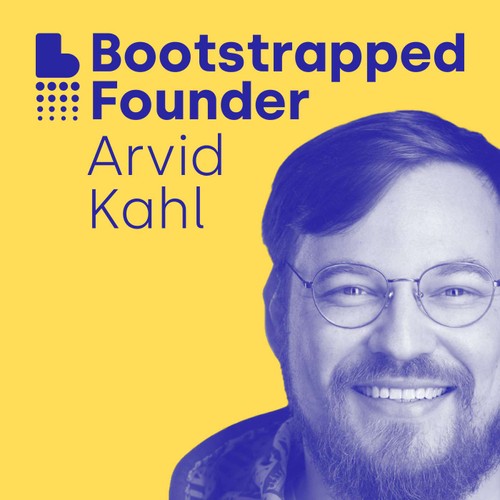
 The Bootstrapped Founder
The Bootstrapped Founder 350: Building Your Castle in Someone Else's Kingdom
6 snips
Oct 11, 2024 SaaS founders occupy a unique space, acting as both renters and landlords in the software realm. The conversation dives into the delicate balance of ownership and risk in this shared landscape. Trust emerges as a cornerstone, particularly for AI firms like OpenAI, which flourish through strong customer relationships. The importance of flexibility in crafting digital businesses is also emphasized, showcasing how engaging with customers can lead to lasting brand value. It's a thought-provoking look at navigating the complexities of modern entrepreneurship.
AI Snips
Chapters
Books
Transcript
Episode notes
SaaS Duality
- SaaS founders are both tenants and landlords, renting tools while offering subscription services.
- True ownership is elusive, but understanding this duality is key to building lasting value.
SaaS Value
- True value in SaaS lies in what can't be easily replicated: relationships and expertise.
- Brand perception and customer trust are key differentiators, not just technology.
AI Commoditization
- Arvid Kahl discusses how AI systems have become commoditized, leading to similar offerings from many companies.
- OpenAI's brand perception and developer relationships set them apart, demonstrating the importance of trust.




